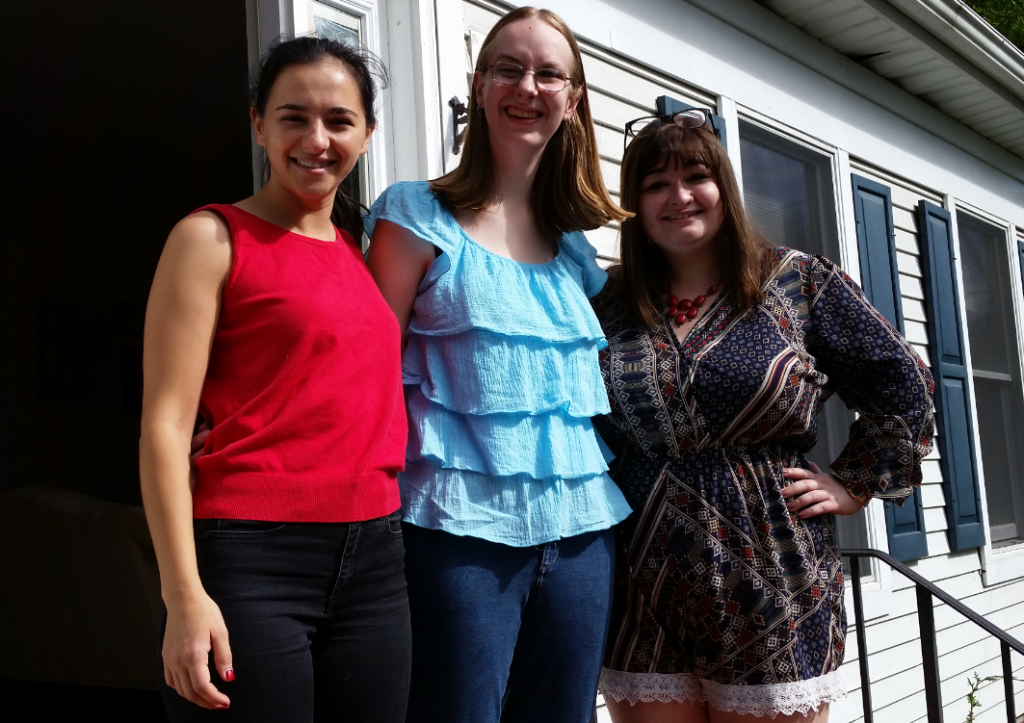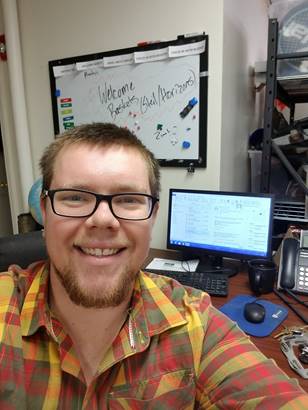Anya McMurrer
Update from Anya McMurrer YASC Intern
In November of 2017, YASC provided me with the opportunity to attend the IMA World Health members and executive board meeting. It was a fascinating look into the way that larger scale nonprofit organizations operate – I got an inside look into budget operations and donors, as well as learn more about what IMA World Health’s mission is and how they carry it out.
While sitting in the meeting, I found myself observing with a very critical lens. Although IMA has a track record of implementing great public health programming and building relationships in areas that they operate in, I couldn’t help but sense that they are in an ideological transition. Since their inception in 1960, they have placed an emphasis on centering the people they serve, rather than the organization. However, they also started out with a paternalistic direction that can often be found in long-standing mission organizations; i.e., an attitude of “we”, Western Christians, helping “them”, the underprivileged and underserved. I would like to emphasize that this is an attitude ingrained in the institution, rather than in its employees. IMA is working through this and understand that they are working in this tension, something that a number of international mission organizations struggle with, as well.
Ever since my service year with YASC, I have noticed that this critical lens has carried over into other aspects of my life: when I read the news, go to work, and even ride the bus. During my year with the Justice Leadership Program in Seattle, I was fortunate to be exposed to a lot of new ideas and to face my own internalized superiority as a white cis-woman with an upper middle class background, something I am still working through. I learned (and am still learning) about power structures, faith-based organizing, institutional racism, and ways to find rest in challenging work. This lens has been particularly helpful in my new position. Although I support the mission of the organization I work for, I am overworked, underpaid and devalued as an employee, along with the 30 or so others in my position (details are kept intentionally vague). The organization also does not have an equity and inclusion policy, making it extra difficult for my coworkers of color and LGBT coworkers to feel supported. As an alumni of JLP and YASC, I have been well equipped to articulate these things to our management confidently, both in private and public settings — before my service year, I would have shied away, afraid of jeopardizing my employment or what my coworkers would think of me. JLP provided me with the necessary power analysis and understanding to carefully and confidently express the injustices I and my coworkers have faced in the workplace.
The credo I try to live by can be summed up in a quote by Ijeoma Oluo, a Seattle-based writer: “Find where your privilege intersects with someone else’s oppression.” From sitting in on the IMA World Health Annual Meeting to my new job, I try to look out for places where change can be made, and identify where my place is in that, or if I have any place at all. And emphasis on the word “try”: although I have had the benefit of a year of YASC & JLP education, this is just the beginning of more mistakes I’ll make and growing I will do.
-Anya Mcurrer
Related News
Meet Rev. Emma Brewer-Wallin, Volunteer Leader of the Month
Emma Brewer-Wallin Meet the Rev. Emma Brewer-Wallin, 25, Minister for the Environment and...
Read MoreYASC Interns making their mark in Connecticut
Three young women spending a year in service, hosted by a Connecticut congregation, are already...
Read MoreServing in Partners in Service
Stewart Barker, who served in Swaziland and now is completing a Partners in Service placement in...
Read More
